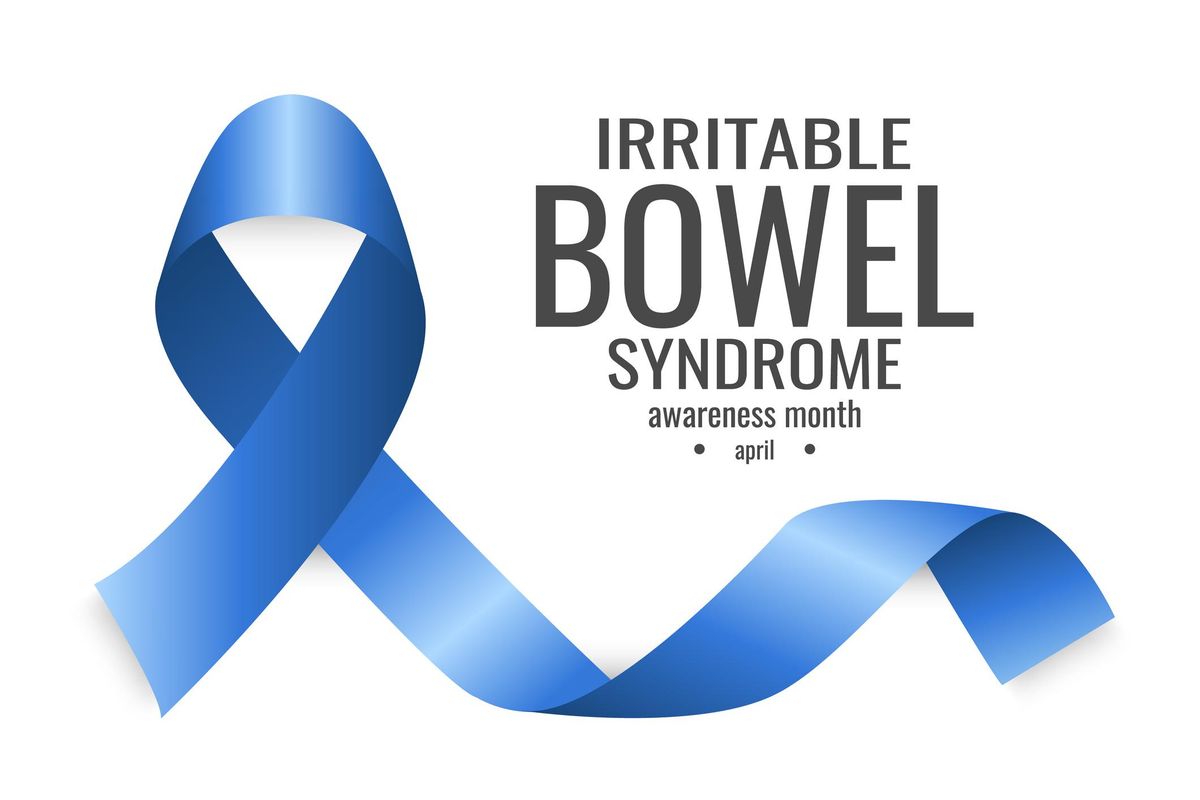April is IBS Awareness Month
Irritable bowel syndrome (IBS) affects up to 15% of people in the United States and is twice as common among women than men. Commonly confused with inflammatory bowel disease (IBD), this prevalent condition can cause discomfort for people of any age.
We reached out to Dr. Lauren Tormey, a gastroenterologist at Dartmouth-Hitchcock Medical Center, to discuss some of the most common questions associated with IBS.
What is IBS?
IBS is a chronic or lifelong condition that can cause diarrhea, constipation or both. With IBS, there is no visible inflammation (swelling, redness or sores) inside the intestines. It's a condition that affects the nervous system and the way the bowels work.
What is the difference between IBS & IBD?
IBD causes visible inflammation and damage to the gut. The two conditions can cause similar symptoms and sometimes the only way to tell the difference between them is by testing. The two major types of IBD are Crohn's disease and ulcerative colitis.
Some symptoms that are not typical of IBS that should raise concern for IBD or another condition are rectal bleeding, unintentional weight loss, frequently waking out of a sound sleep with abdominal pain or diarrhea, or other blood test abnormalities.
IBS is usually a condition that's diagnosed early on in life (20s, 30s and 40s). If a person experiences new abdominal pain or changes in bowel habits in their 50s or 60s or older, in particular if they are associated with those other symptoms, and especially in someone who hasn't had age-appropriate colorectal screening, they should always follow up with their healthcare provider.
What are the symptoms of IBS?
The most common symptoms include pain, diarrhea, constipation and bloating.
How is IBS diagnosed?
There isn't one single test to diagnose IBS. The diagnosis is made through symptoms based on a set of criteria called the Rome IV criteria. In order to have IBS, you must experience abdominal pain that has occured at least once a week over the past three months with symptoms beginning at least six months ago. The abdominal pain has to be linked to changes in bowel habits, such as looser or harder stools, or less frequent or more frequent stools.
Sometimes, certain conditions can look like IBS, so it's important to speak with your healthcare provider to determine whether further testing is needed.
What are the risk factors and/or causes of IBS?
One common cause of IBS is foodborne illness or a viral infection. Typically, a foodborne illness will make someone sick to their stomach (and can cause pain and diarrhea) and the symptoms last for about a day. With people who go on to develop IBS, the symptoms never go away. The infection changes the local environment in the gut on the cellular level and alters the gut nervous system, which changes the way the gut moves and senses certain things.
The infection also changes the gut microbiome, and that leads to all the symptoms of IBS. "IBS is a disorder of the gut nervous system, and the brain and the gut are very closely linked. They communicate, and we know that in people who have had stressful life events, early childhood trauma or other things, [those experiences] may lead to an increased likelihood of developing IBS," Tormey explained.
What are the treatment options for IBS?
Your healthcare provider will first look at the role of diet. Many people find the symptoms of IBS unpredictable and that can be frustrating, but there are a lot of common foods that can trigger more symptoms with people with IBS, particularly lactose intolerance. In addition to changes in your diet, getting regular sleep, managing stress, and taking care of yourself on a day to day basis can make a difference in IBS symptoms. There are also medications that can help regulate bowel habits and specifically address symptoms such as pain or bloating.
Does having IBS put me at greater risk for cancer or other conditions?
IBS is not associated with cancer and does not put one at greater risk for cancer. It is common for people who have IBS to have other conditions that may be associated with pain, such as fibromyalgia or migraine headaches.
If you have any of the symptoms of IBS or IBD, reach out to your healthcare provider.
Resources:
Crohn's & Colitis Foundation
American College of Gastroenterology
- Irritable Bowel Syndrome (IBS) - HealthyWomen ›
- Tips for Coping With IBS Symptoms - HealthyWomen ›
- Eating Out When You Have Inflammatory Bowel Disease - HealthyWomen ›
- Is Your Bowel Irritable? - HealthyWomen ›
- Crohn's Disease and the Challenge of Eating Out - HealthyWomen ›






